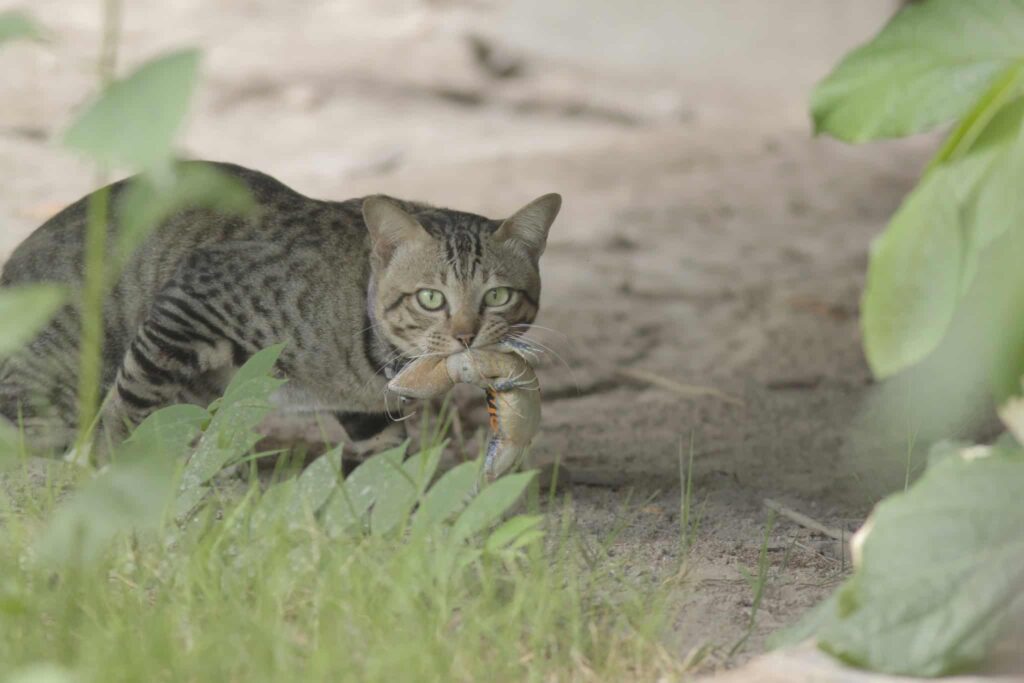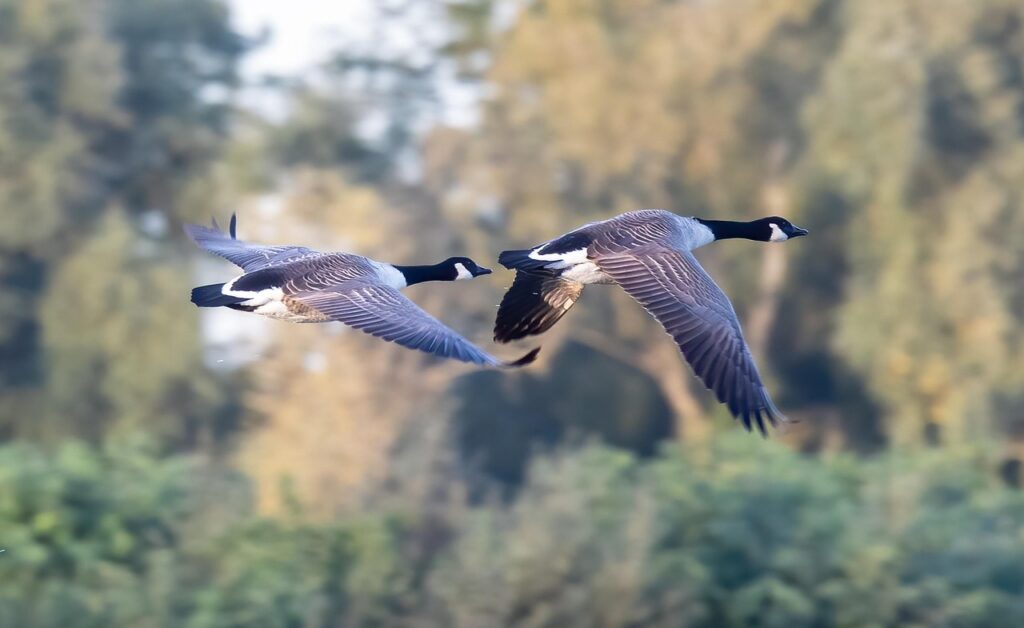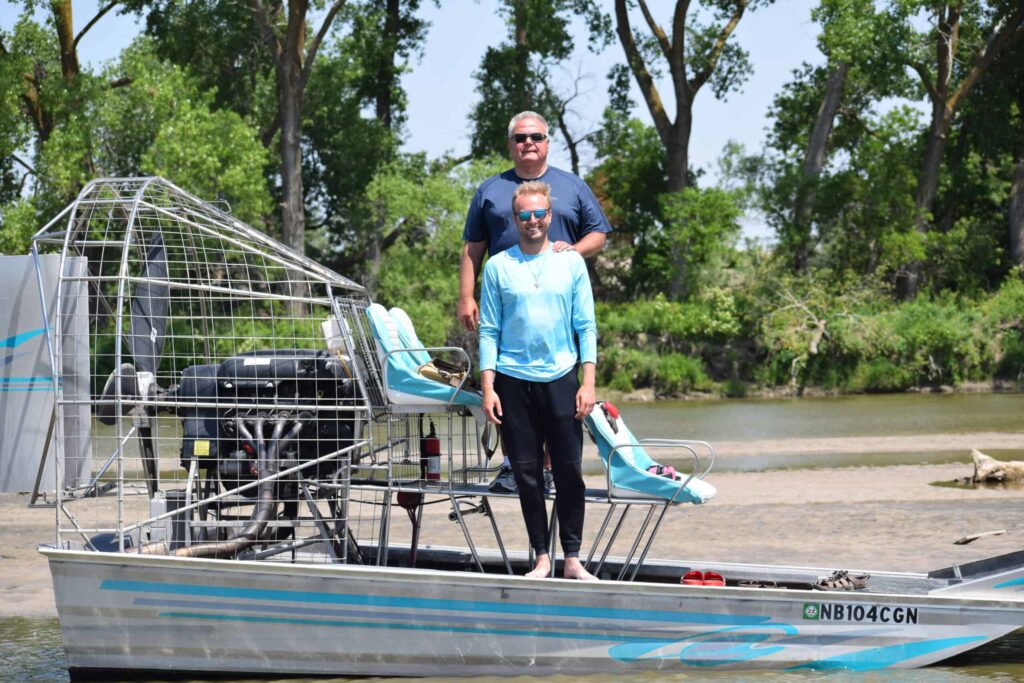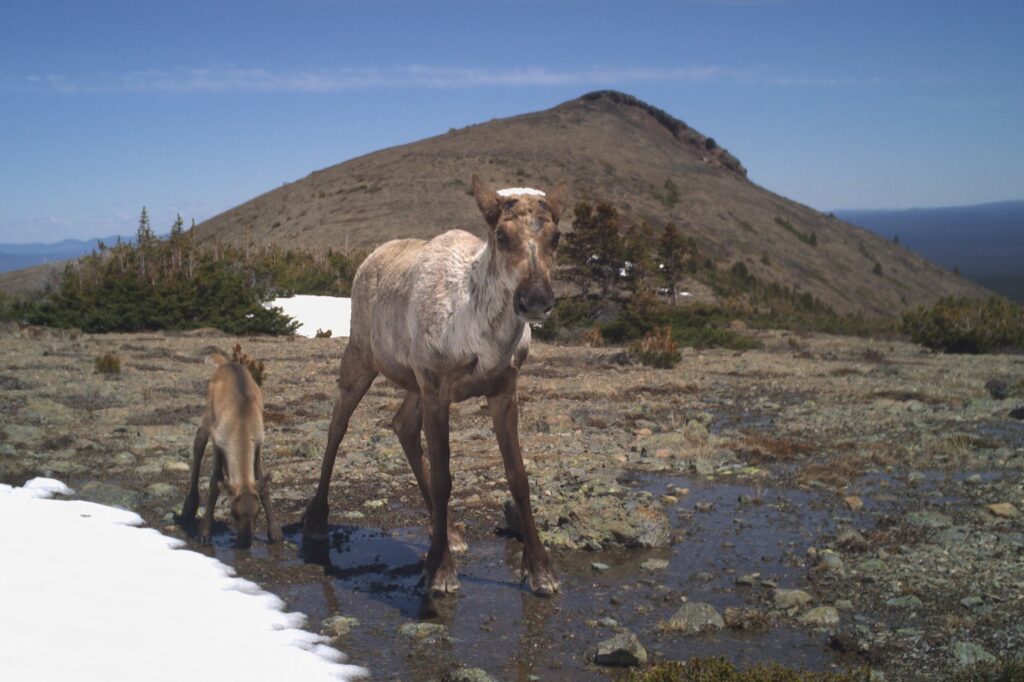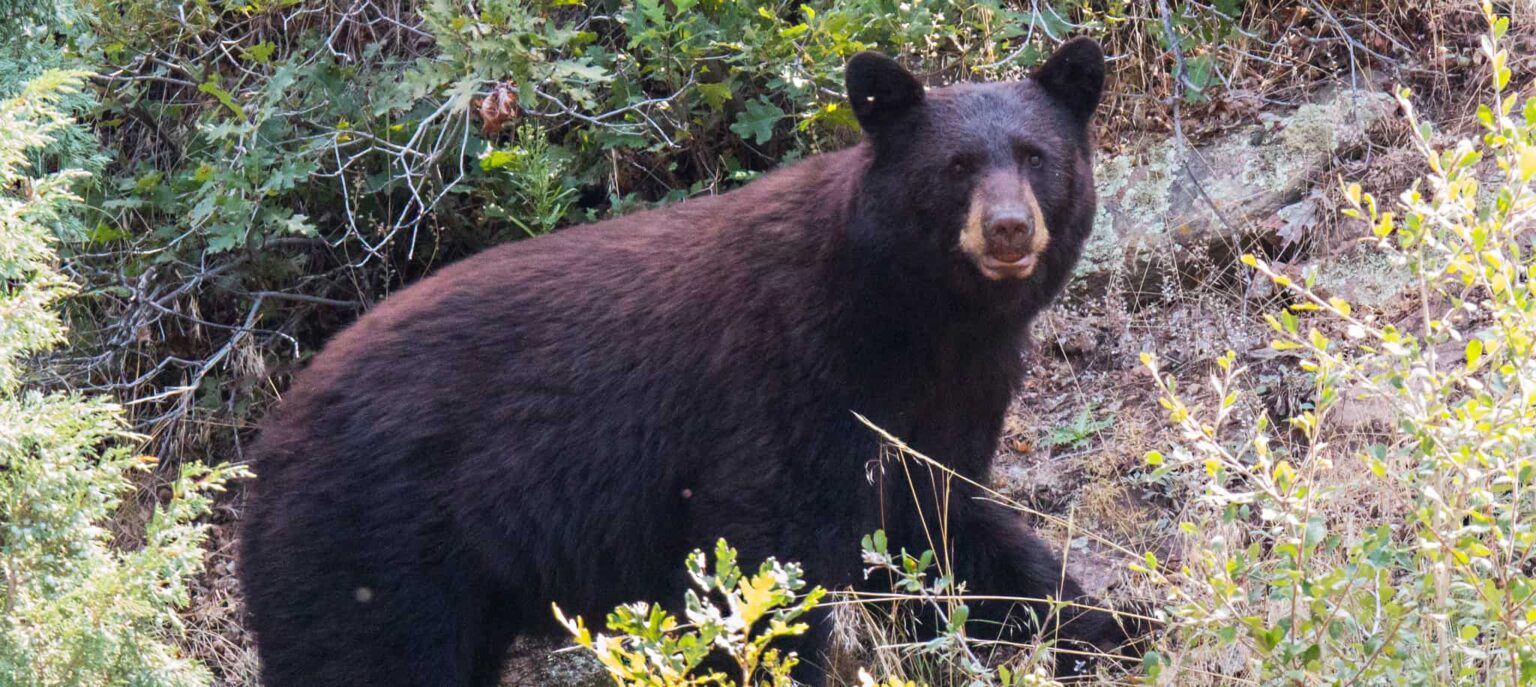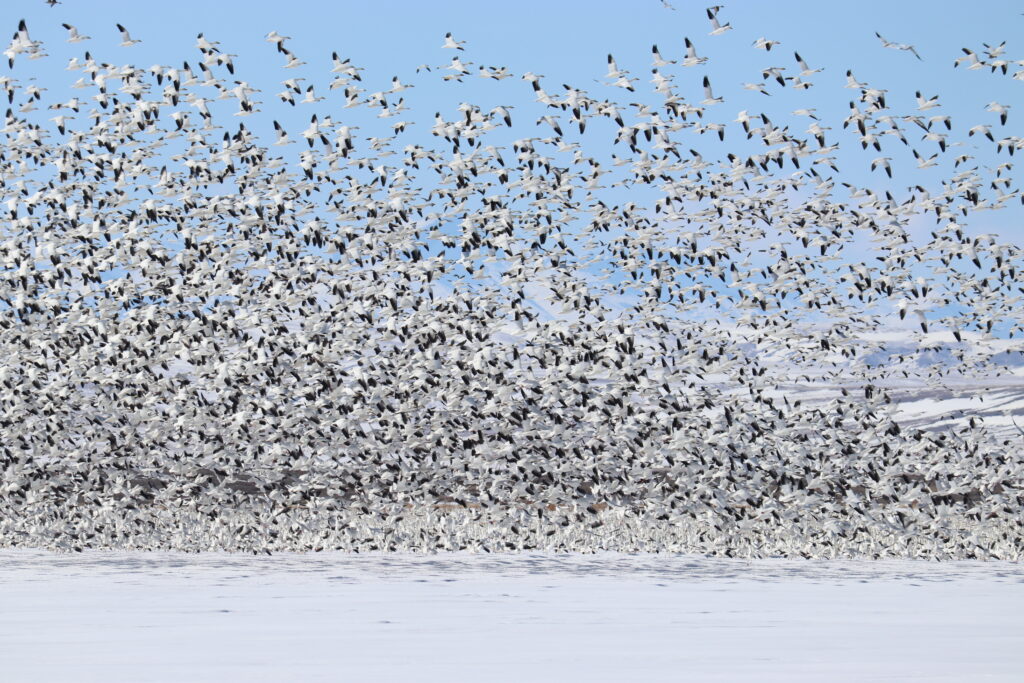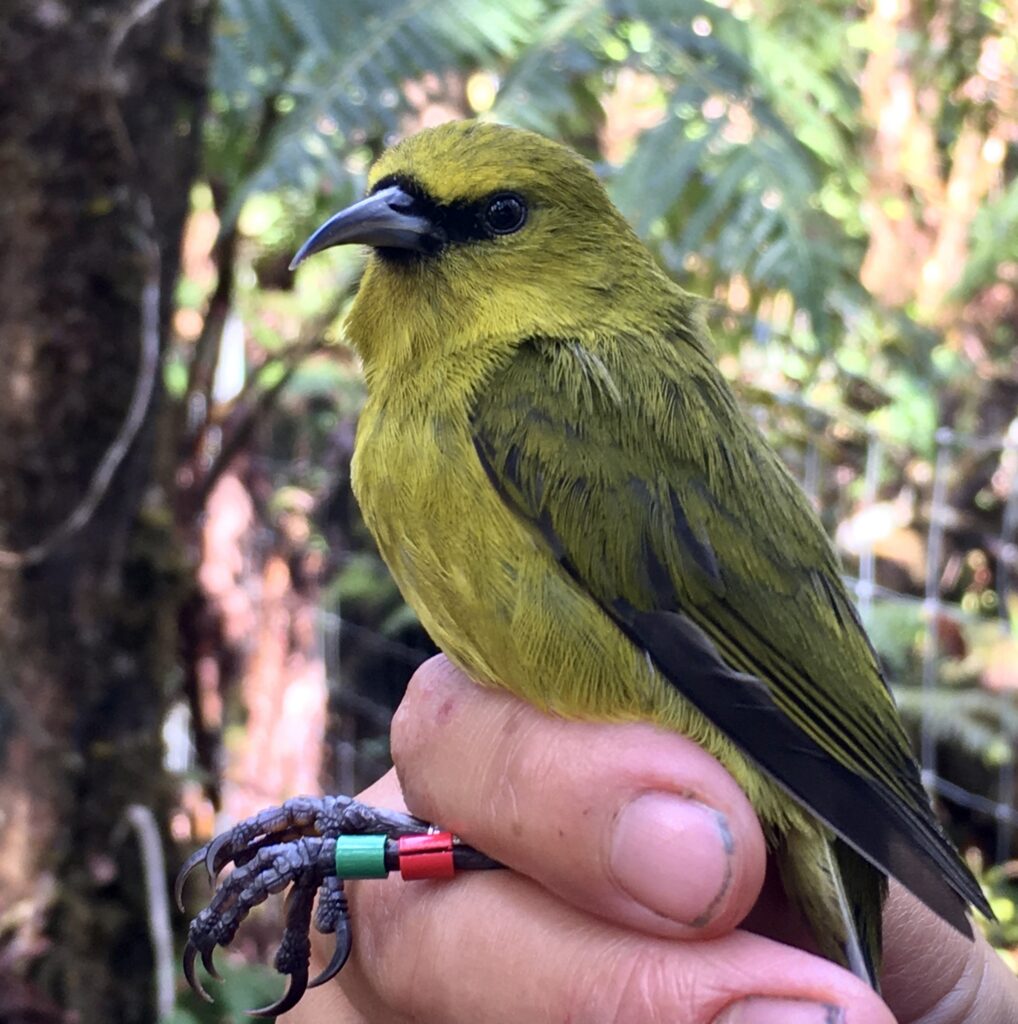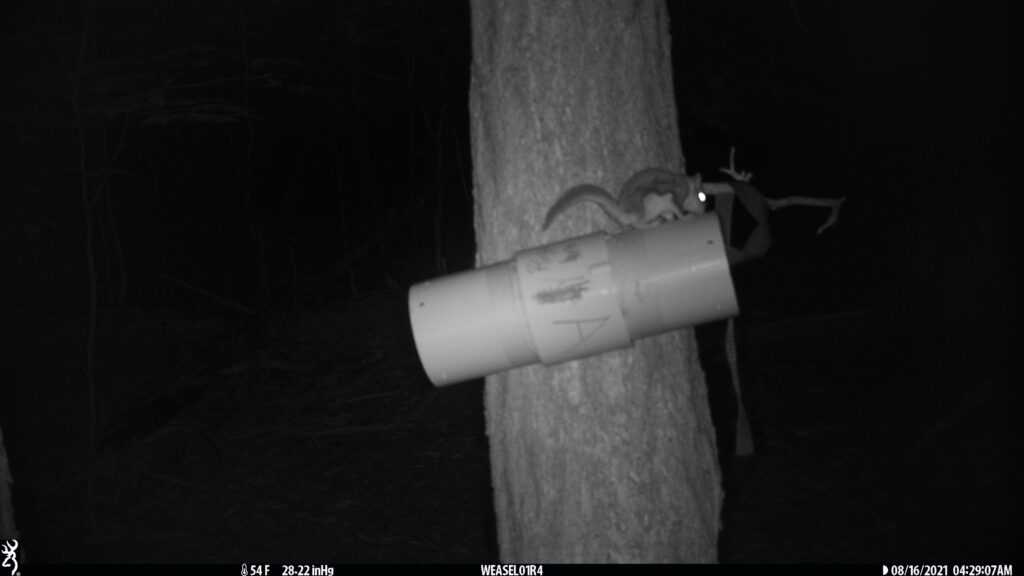Past research has shown that American black bears (Ursus americanus) are initially stressed by drones flying above them, but a new study suggests they may get used to these unfamiliar objects.
As drones are increasingly used to detect wildlife poaching and collect information on hard-to-reach species, researchers say this may provide good news that the bears are not affected in the long term.
“When we really need to collect information or protect animals using drones, it does suggest maybe they can get used to them and there won’t be a long-term detriment,” said lead author Mark Ditmer, a postdoctoral research scholar at Boise State University, who conducted the research at the University of Minnesota.
In the study published in Conservation Physiology, Ditmer and his colleagues used captive American black bears at the Wildlife Science Center in Stacy, Minnesota, allowing the team to have more control than using bears in the wild and to eliminate confounding factors that may also stress out bears.
With help from students at a wildlife handling course at the University of Minnesota, the researchers implanted biologgers, which collect heart rate data at two-minute intervals. “It was a great learning experience for the students,” Ditmer said. They also used bears from previous studies with biologgers already implanted.
During the spring, the team flew drones over the captive facility twice a week, five times a day, and checked the bears’ heart rates. “They were still consistently being startled at each first flight of each day during the first few weeks of the study,” Ditmer said. By the third week, they no longer found a consistent increase in heart rate. Heart rate also slowed after each drone flight throughout the day, although they were still consistently being startled at the first flight each day.
But would the bears stay habituated? Researchers repeated the same experiment again in the fall and found very minor changes in the bears’ heart rates upon the first flight. “It was no longer a new, frightening stimulus to them,” he said. “They were OK with it.”
While this may mean that black bears can become used to drones, Ditmer said, other species probably will have different reactions.
“American black bears might be more predisposed to dealing with human sights and sounds like this,” he said. “We could definitely say this doesn’t apply to all animals.”
He cautioned wildlifers from overusing drones, though, despite the bears’ apparent acceptance. “It’s not a license to disturb wildlife,” he said.
Article by Dana Kobilinsky